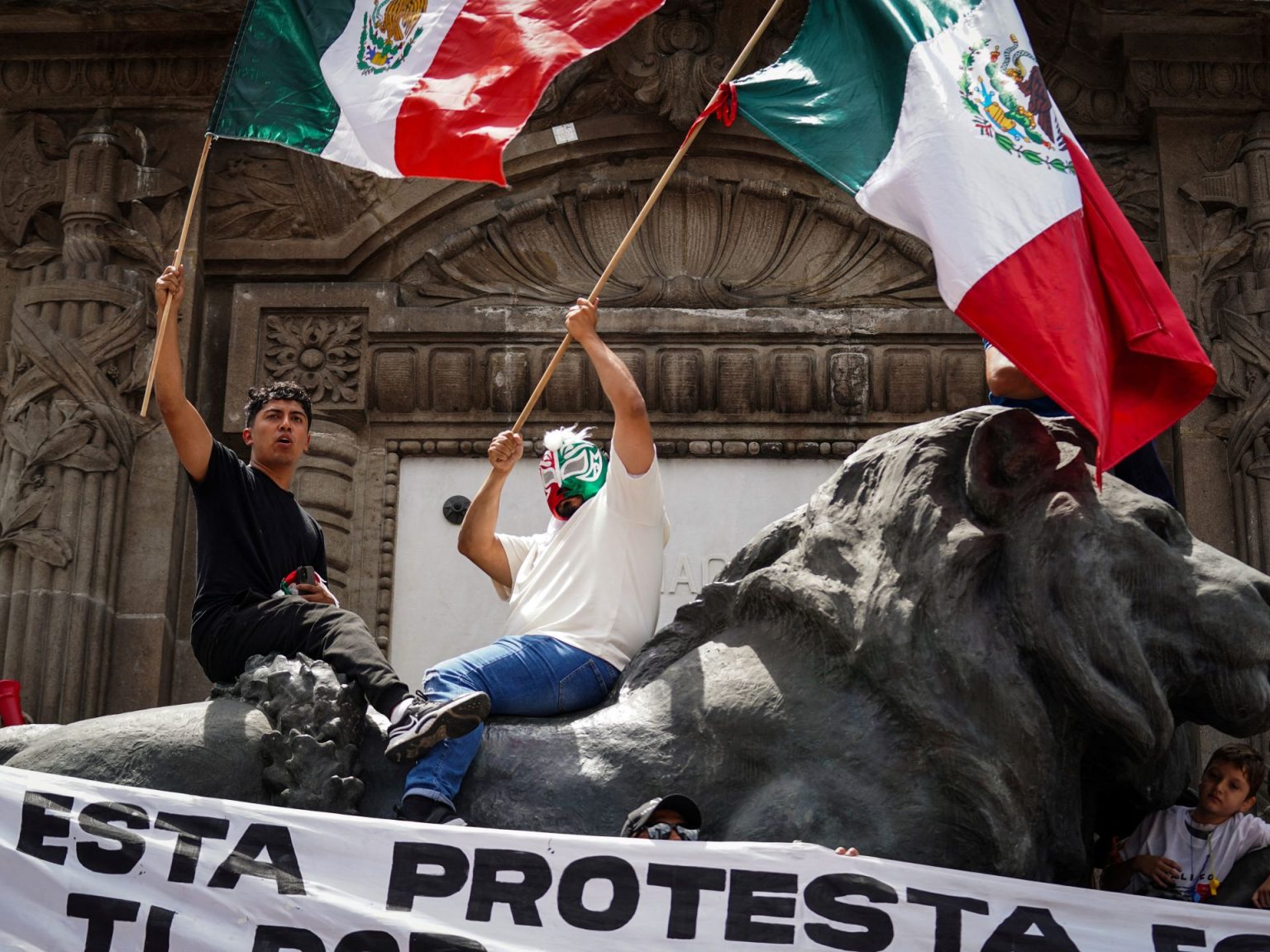Mexico is undergoing a significant change in its judicial system by transitioning from appointing judges to electing them through elections. This move is aimed at increasing transparency, accountability, and reducing corruption within the judiciary. Proponents of this policy believe that electing judges will make them more responsive to the needs of the public and help restore trust in the justice system. However, critics have voiced concerns that politicizing the process could compromise the independence of judges and allow for political interference in legal matters.
The decision to hold elections for all levels of the country’s 7,000 judges has sparked protests and controversy among the Mexican population. Supporters of the new policy argue that holding elections will democratize the judicial system and provide citizens with a more direct say in the selection of judges. This move is seen as a way to break away from the traditional system, which has been criticized for fostering corruption and nepotism. However, opponents fear that politicizing the process could lead to biased judgments and erode the integrity of the judiciary.
The implementation of this new system raises important questions about the future of Mexico’s legal system and the implications of choosing judges through elections. With the upcoming elections for judges, Mexicans are facing a critical juncture in determining the direction of their justice system. The outcome of these elections will have far-reaching consequences for the rule of law, accountability, and the protection of human rights in Mexico. As the country grapples with issues of corruption and impunity, the decision to elect judges is seen as a pivotal moment in the fight for justice and transparency.
The podcast delves into the various perspectives on Mexico’s judicial reform and the potential impact of electing judges on the country’s legal system. It examines the motivations behind the new policy and the concerns raised by both supporters and critics. The discussion highlights the complexities of balancing the need for judicial independence with the desire for accountability and transparency. By shedding light on the challenges and opportunities of this reform, the podcast aims to provide listeners with a deeper understanding of the issues at stake for Mexico and its citizens.
The episode also invites feedback from listeners through a survey, encouraging them to share their thoughts and opinions on the show. This engagement with the audience reflects a commitment to fostering open dialogue and incorporating diverse perspectives into the discussion. By actively seeking input from the public, the podcast aims to create a more inclusive and informative platform for exploring complex issues such as judicial reform in Mexico. Through this interactive approach, the podcast seeks to empower listeners to engage with important topics and contribute to the ongoing conversation about justice and governance.
In conclusion, Mexico’s decision to hold elections for all levels of judges marks a significant step towards reforming the country’s judicial system. While the move is intended to increase transparency and accountability, it has sparked protests and concerns about the politicization of the judiciary. The podcast explores the different viewpoints on this issue, highlighting the opportunities and challenges of electing judges in Mexico. By engaging with the audience and encouraging feedback, the podcast aims to foster a more informed and inclusive discussion about the future of the country’s justice system.













